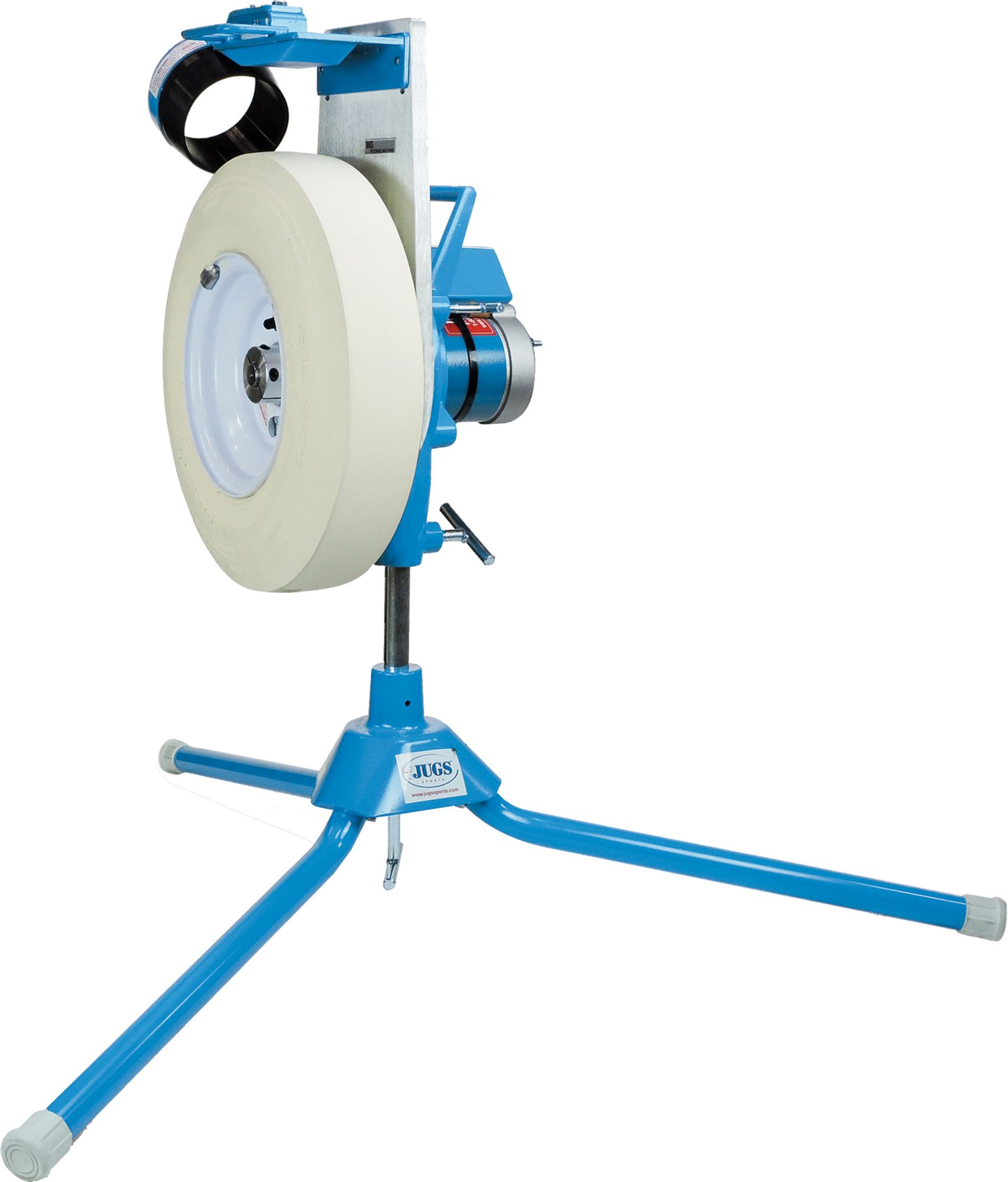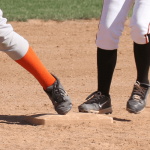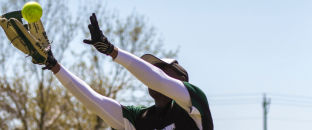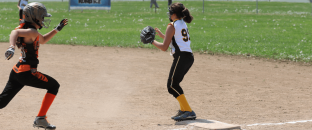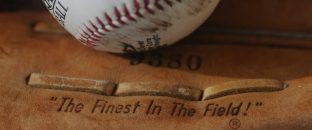*Note: products listed on Bases Loaded Softball are selected by our softball players, coaches, and team of enthusiast writers and editors. Buying softball products through our links may earn us a commission with no additional cost to you.
The world of college softball is a competitive and challenging environment, where coaches are constantly seeking ways to improve their players’ skills and performance. One tool that has become increasingly popular in recent years is the pitching machine. But do college softball coaches really use pitching machines? And if so, how do they incorporate them into their training routines? In this comprehensive exploration, we delve into the use of pitching machines in college softball, examining their benefits, drawbacks, and how they can be effectively utilized.
Understanding Pitching Machines
Pitching machines are mechanical devices that automatically pitch a softball or baseball to a batter at different speeds and styles. They are designed to mimic the action of a human pitcher, providing consistent and accurate pitches for batters to practice their swing. Pitching machines come in various types, from simple one-speed machines to more advanced models that can simulate different types of pitches.
While pitching machines are commonly associated with baseball, they are also extensively used in softball. The key difference lies in the pitching style – while baseball machines pitch overhand, softball machines pitch underhand, replicating the unique pitching style of softball.
The Benefits of Using Pitching Machines
Pitching machines offer several advantages that make them an attractive tool for college softball coaches. Firstly, they provide a consistent pitch, which allows players to focus on improving their swing mechanics without the variability of a human pitcher. This consistency can be particularly beneficial for beginners who are still learning the basics of batting.
Secondly, pitching machines can deliver pitches at a range of speeds, allowing players to practice hitting against faster or slower pitches. This can be a valuable training tool for preparing players for the variety of pitching speeds they will encounter in games.
The Drawbacks of Using Pitching Machines
Despite their benefits, pitching machines also have some drawbacks. One of the main criticisms is that they don’t perfectly replicate the experience of facing a live pitcher. For instance, pitching machines can’t mimic the subtle movements and cues a pitcher may give before releasing the ball, which can be crucial for a batter’s timing.
Additionally, while pitching machines can simulate different types of pitches, they can’t replicate the exact spin and movement of a human pitcher. This means that while they can be useful for practicing basic batting skills, they may not provide a complete preparation for facing real pitchers in a game.
back to menu ↑How College Softball Coaches Use Pitching Machines
Given the pros and cons of pitching machines, how do college softball coaches incorporate them into their training routines? The answer varies depending on the coach and the specific needs of their team, but there are some common practices.
Many coaches use pitching machines for batting practice, particularly for developing players’ basic hitting skills. The machines’ consistent pitches allow players to focus on their swing mechanics and timing, which can be especially helpful for less experienced players.
Drills and Skill Development
Coaches often use pitching machines to conduct specific drills aimed at improving certain aspects of batting. For example, a coach might set the machine to pitch at a high speed to help players practice hitting fast pitches. Alternatively, they might use the machine to simulate different types of pitches, such as curveballs or sliders, to prepare players for the variety they will face in games.
Some coaches also use pitching machines for fielding practice. By adjusting the angle and speed of the machine, coaches can simulate different types of hits, allowing fielders to practice their reactions and fielding techniques.
Game Preparation
In addition to skill development, some coaches use pitching machines as part of their game preparation. If they know their upcoming opponent has a pitcher who throws particularly fast pitches or a certain type of pitch, they might use the pitching machine to simulate that pitcher’s style. This can help players get used to the speed and movement of the pitches they will face in the game.
However, it’s important to note that while pitching machines can be a useful tool for game preparation, they are not a substitute for facing live pitching. Most coaches will still include live pitching in their training routines to ensure players are fully prepared for games.
back to menu ↑Conclusion
So, do college softball coaches use pitching machines? The answer is a resounding yes. While they are not a perfect replication of a live pitcher, pitching machines offer a consistent and versatile tool for skill development and game preparation. By understanding the benefits and limitations of pitching machines, coaches can use them effectively to enhance their players’ performance and prepare them for the challenges of college softball.


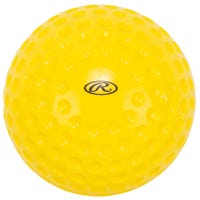

 Amazon.com
Amazon.com

